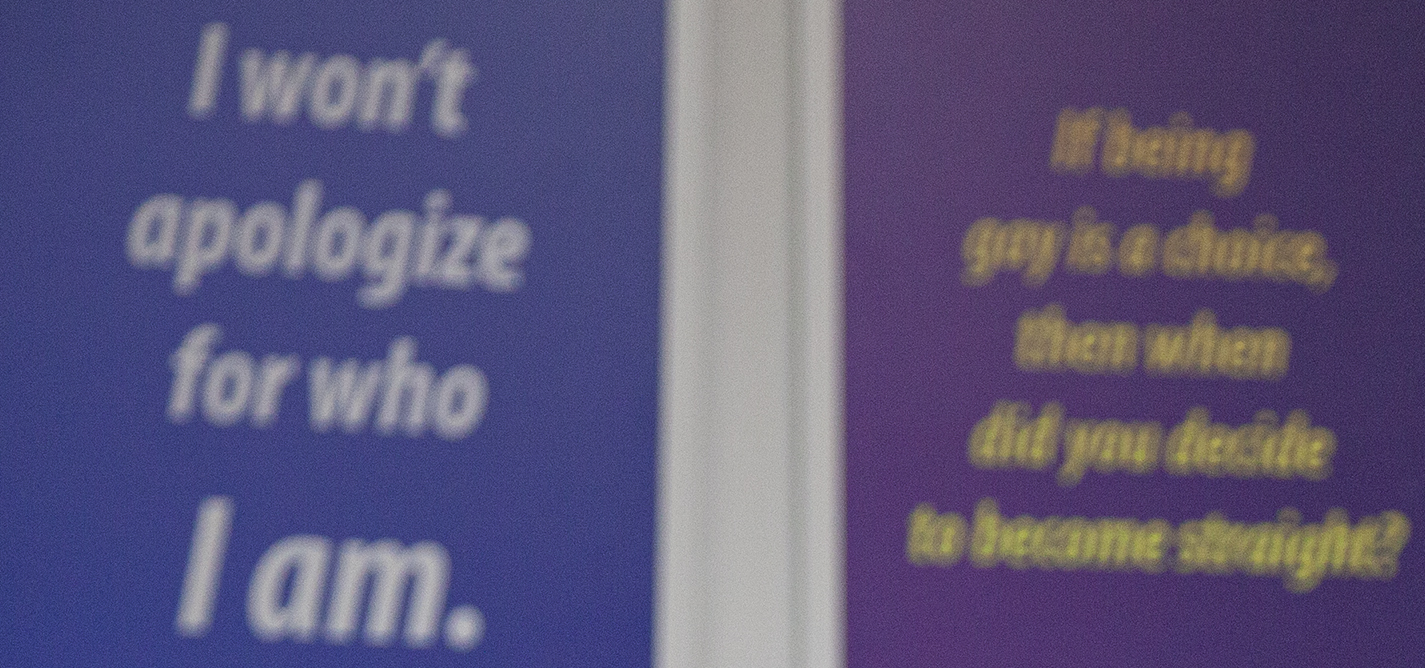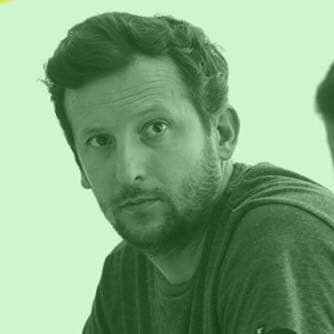
Many LGBTI people in Kosovo are deprived of psychological services
The LGBTI community faces difficulties in accessing mental health services.
|30.12.2019
|
There is a discrepancy within Kosovo’s legal infrastructure. That causes problems in practice.
“We cannot directly influence society to accept LGBTI people, but we can teach these individuals to respond to an unwelcome environment in a healthy way."
Blert Morina, CELThe few studies that have been conducted in Kosovo show that the approach of institutions towards LGBTI people is not appropriate.
“Each community within the LGBTI community has different needs."
Blert Morina, CEL
Skender Sopa
Skender Sopa finished his bachelor’s studies in psychology and his master’s studies in the field of Health and Clinical Psychology at the University of Prishtina. He is a mentee in K2.0’s Professional Shadowing Mentorship Program (2019). One of the reasons that pushed Skender to apply for the program was his desire to gain professional experience and knowledge to help him conduct journalistic research.
This story was originally written in Albanian.